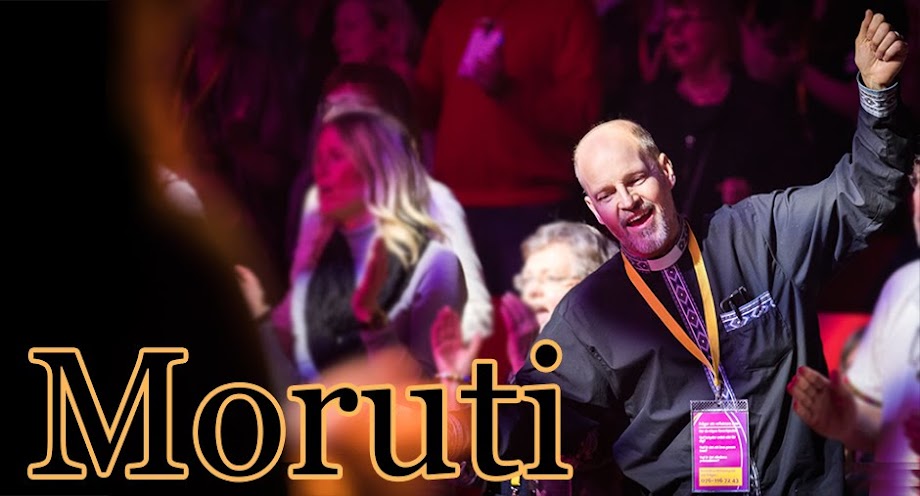Yesterday
evening we attended a typical, comical play in the Swedish campus life. In
Swedish the term is ‘spex’, which etymologically is derived from the word ‘spectacle’.
It is a kind of burlesque, written, produced and performed by students. Our
eldest son were part of the cast and therefore we made sure to get tickets in
advance.
The ‘spex’, which was performed the first time in 1870, is, translated into English, called
On Madagascar
The plot is
easy to follow. The inhabitants of Madagascar are described as cannibals. They
prepare a sacrificial feast. The menu consists of a student from Uppsala, Rapp,
and a French botanist, à
la Bonneheure. Guttapercha, who is the daughter of Queen Ushiameja however
falls in love with the Frenchman. This leads to a triangle drama, since a neighbouring King, Radamuffo, who is the supplier of human flesh, also claims the hand of Guttapercha.
In the second part of the drama Rapp and à la Bonneheure are saved from the pot
and à la Bonneheure and Guttapercha can become a couple.
The play is performed once every decade. Last time was in 2007. This year there had been some discussions around the facial make-up of the actors. Traditionally they
wear 'blackface'. I
think they solved the dilemma in a decent way.
The
producer added a prologue to the play, where a group of European travelers are
seated in a Zeppelin. The Zeppelin crashes on Madagascar and after 30 years of
isolation, the group of survivors have developed a cannibalistic cult around a
goddess called Rakka. (The features of this goddess are borrowed from the
movie 'Cast Away', where Tom Hanks uses a volleyball as a comrade and gives it
the name Wilson). Well, the actors wear no extra make up and it works.
One can of
course discuss the whole idea of cannibalism. I will leave that for now. I was
happy that the production used their creativity in order to avoid the use of 'blackface' make up, which to me is unacceptable.
I get
irritated when some bloggers describe this as hypersensitivity from the political
correctness lobby. When I read these views I always find a total lack of analysis of
power.
My reading
of this ‘spex’ is that the director wanted to say that any human being – no matter
of origin – can behave in an evil way. But equally there is a possibility that any
person, even the person who acts in an evil way, can change, when love is involved. In this play white
people are prepared to kill other white people for ritual purposes. This is
nothing unknown.
Let me say
something about the actors and the orchestra. We were satisfied with their performance.
My favorite lead character were Ivar Westin, as Gluffo. But the others were also very
good. As for instance our eldest son, who sang in the choir and had a minor
role.
 |
| The group of travellers in the Zeppelin. Our eldest son is seated next to the priest. |
 |
| In the middle princess Guttapercha, surrounded by servants. |
 |
| The people are dancing a ritual dance. In the front Rapp and à la Bonneheure are waiting for their fate, to end up in a pot. Queen Ushiameja is on her throne and Gluffo is running to the left. |

No comments:
Post a Comment